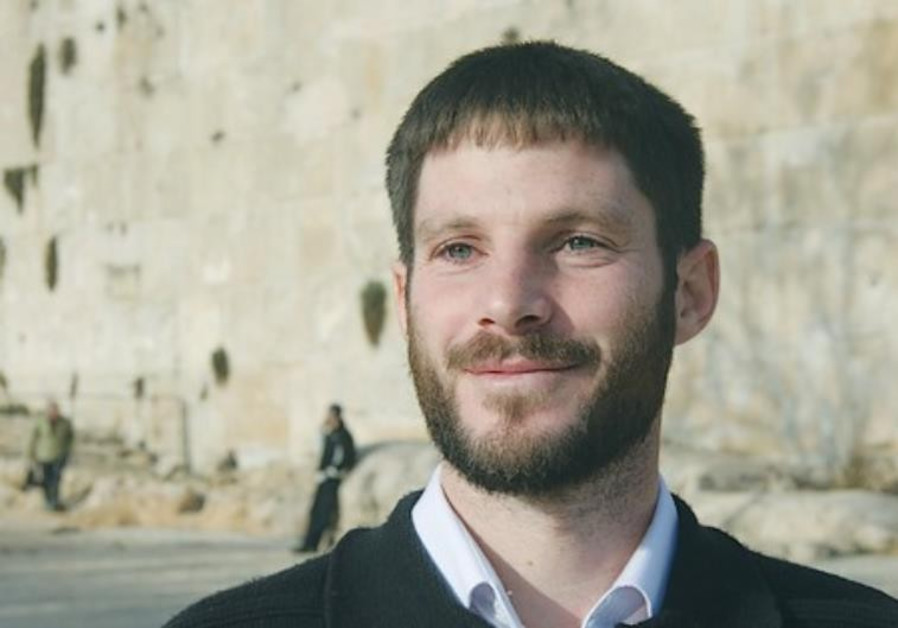Why is religious-Zionist Smotrich dreaming of a halachic state? – analysis

Bezalel Smotrich.. (photo credit: Courtesy/Regavim)
`; document.getElementById(“linkPremium”).innerHTML = cont; (function (v, i){ });
Bezalel Smotrich.. (photo credit: Courtesy/Regavim)
`; document.getElementById(“linkPremium”).innerHTML = cont; (function (v, i){ });


Comments are closed.